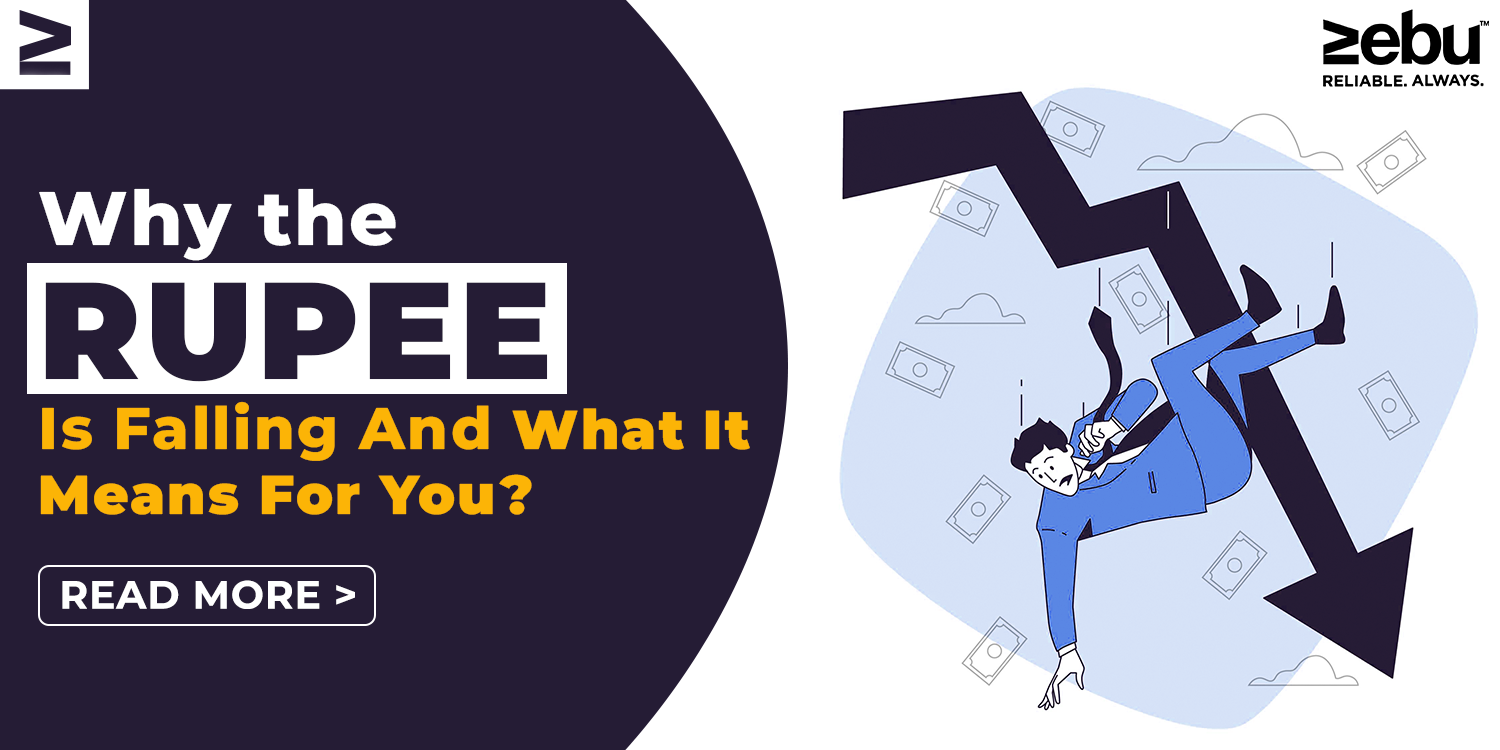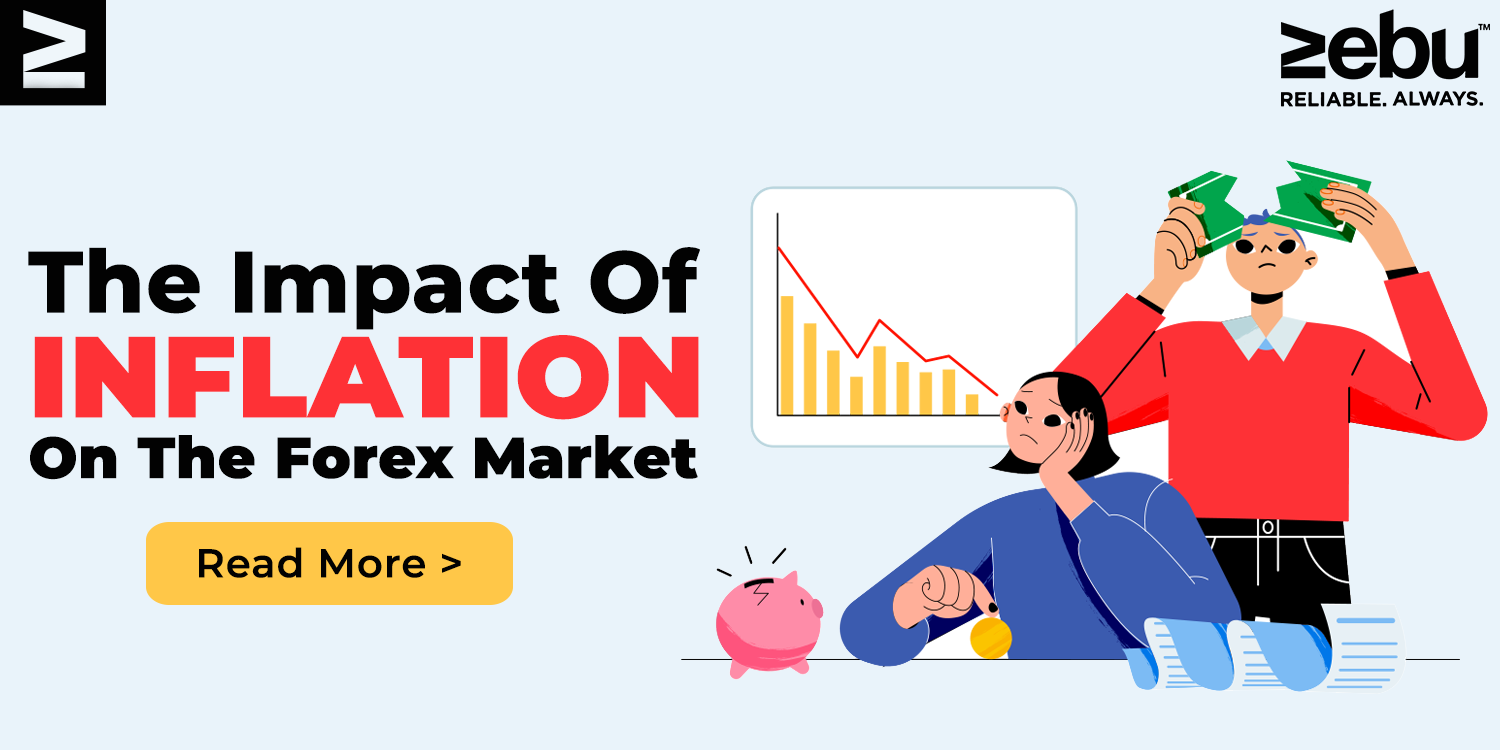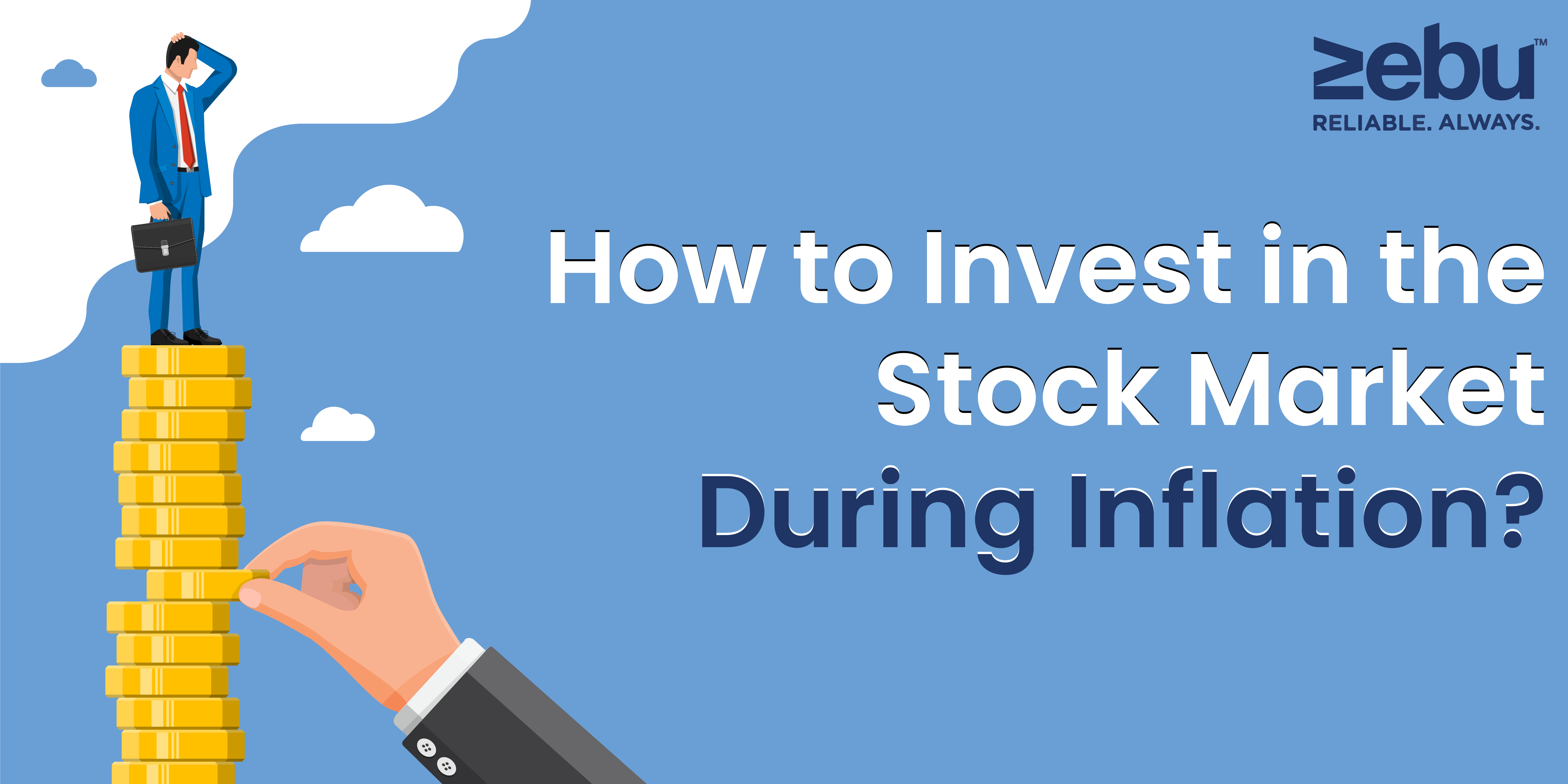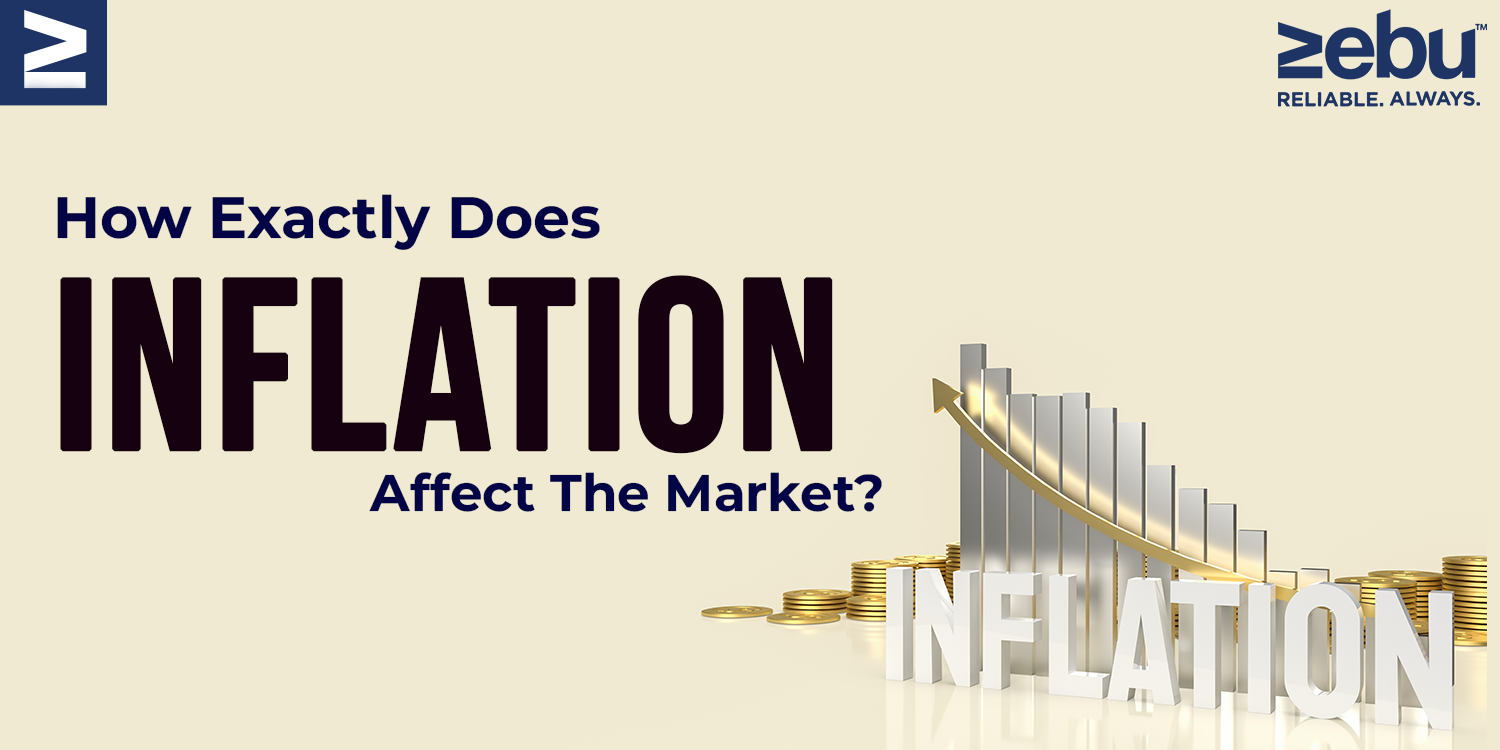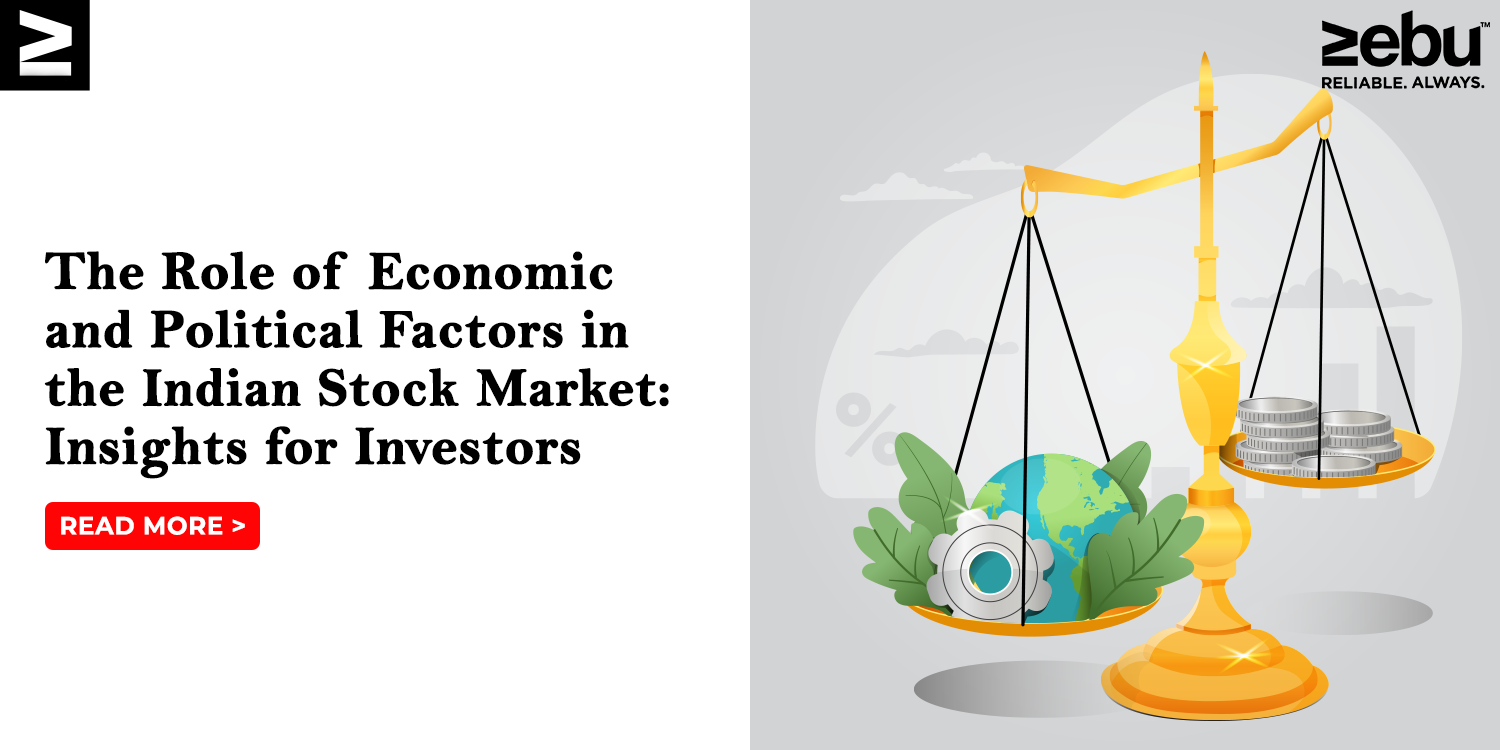
As an investor in the Indian stock market, it is important to understand the various factors that can impact the performance of your investments. Economic and political factors can have a significant impact on the stock market and it is essential to be aware of these influences in order to make informed investment decisions.
One of the most significant economic factors that can affect the Indian stock market is the state of the country’s economy. The stock market is closely tied to the overall health of the economy, as companies’ profits and stock prices are largely dependent on economic conditions. Factors such as GDP growth, unemployment rates, and inflation can all impact the stock market. For example, a strong economy with low unemployment and steady GDP growth may lead to an increase in stock prices, while a struggling economy may lead to a decline in stock prices.
Political factors can also have a significant impact on the Indian stock market. Changes in government policies and regulations can affect the performance of specific industries and individual companies, which in turn can impact the overall market. For example, if the government enacts policies that are favorable to a particular industry, it may lead to an increase in stock prices for companies in that industry. On the other hand, if the government enacts policies that are unfavorable to a particular industry, it may lead to a decline in stock prices for companies in that industry.
In addition to economic and political factors, other external influences such as global market trends and geopolitical events can also impact the Indian stock market. It is important for investors to be aware of these factors and to stay up-to-date on current events in order to make informed investment decisions.
So, what can investors do to navigate these complex and constantly changing economic and political factors in the Indian stock market? Here are a few tips:
Stay informed: As an investor, it is important to stay informed about current economic and political developments in India and their potential impact on the stock market. This can involve reading financial news, following economic indicators, and keeping track of government policies and regulations.
Diversify your portfolio: By investing in a diverse range of assets, you can help mitigate the impact of economic and political events on your portfolio. This can include investing in different industries and sectors, as well as investing in both domestic and international markets.
Have a long-term perspective: While it can be tempting to make impulsive investment decisions based on short-term market movements, it is important to maintain a long-term perspective. This can involve setting clear investment goals and sticking to a long-term investment plan, rather than reacting to every market fluctuation.
Seek professional advice: If you are new to investing or unsure about how to navigate the Indian stock market, seeking the advice of a financial professional can be helpful. A financial advisor or investment professional can provide guidance on how to build a diversified portfolio that is aligned with your investment goals and risk tolerance.
In conclusion, economic and political factors play a significant role in the performance of the Indian stock market. By staying informed, diversifying your portfolio, maintaining a long-term perspective, and seeking professional advice, you can make informed investment decisions and navigate these complex and constantly changing factors with confidence.
